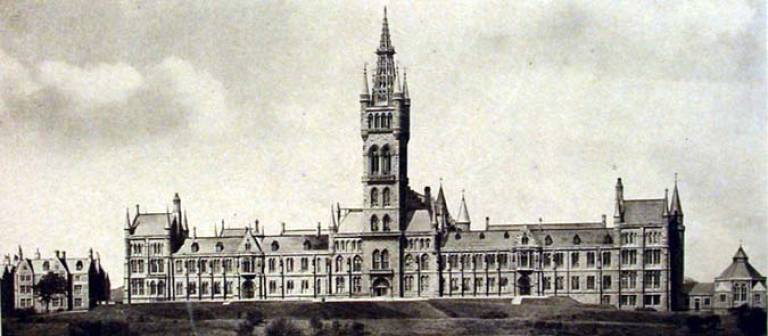Slavery, Abolition and the University of Glasgow
12 February 2020, 5:30 pm–7:00 pm

With the publication of the report ‘Slavery, Abolition and the University of Glasgow’ on 16 September 2018, there came an acknowledgement that individuals connected to New World slavery – and their descendants - donated capital to the institution between 1697 and 1912.
This event is free.
Event Information
Open to
- All
Availability
- Yes
Cost
- Free
Organiser
-
UCL Institute of the Americas
Location
-
Lecture room 103UCL Institute of the Americas51 Gordon SquareLondonWC1H 0PNUnited Kingdom
Glasgow became the first British university to declare historical income derived from transatlantic slavery on such a scale. The report’s findings effectively balanced out the institution’s glorious abolitionist narratives. The University of Glasgow has long championed itself as a leader of the movement for the abolition of slavery in the British West Indies, exemplified by the eighteenth-century critiques and actions of its scholars, Francis Hutcheson, Adam Smith and John Millar. In response to the report, the institution launched a nine-point programme of reparative justice, also the first British university to launch a project on such a scale. This lecture provides insights into the role of the historian in the process: the archival work in the records of Old College – as the University was known in the 18th and 19th century – in order to understand more about two key stages: a) bequests donated by individuals involved with chattel slavery, and b) the capital campaign which allowed the University to move to the Gilmorehill campus in 1870. This lecture, and the report on which it was based, offers a model that assesses how contemporary institutions profited from transatlantic slavery.
About the Speaker
Dr. Stephen Mullen is a historian at the University of Glasgow. His research focuses on Scotland and Glasgow's connections with the Caribbean in the 18th and 19th centuries. A monograph, The Glasgow Sugar Aristocracy in the British Atlantic World, 1776-1838 is forthcoming with the Royal Historical Society.
 Close
Close

